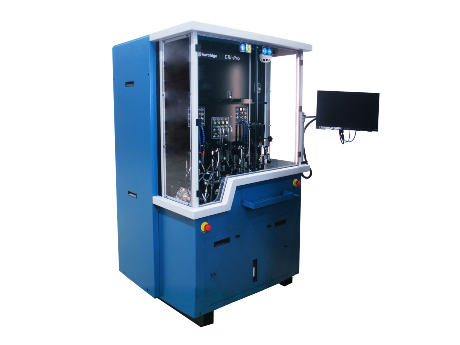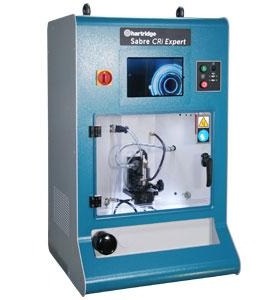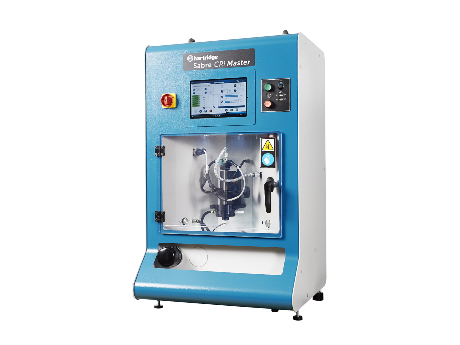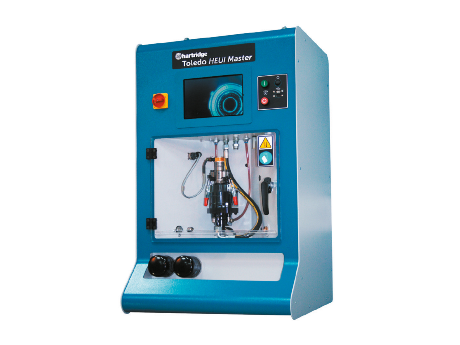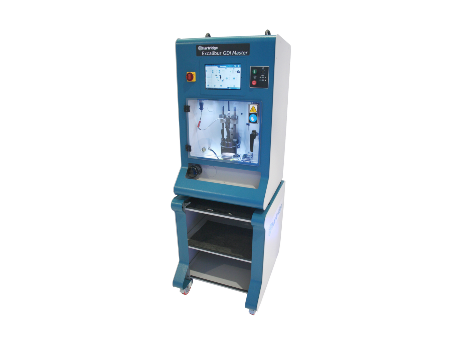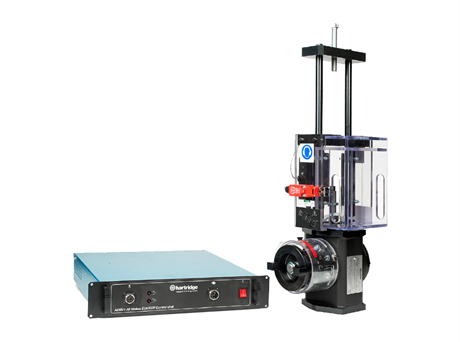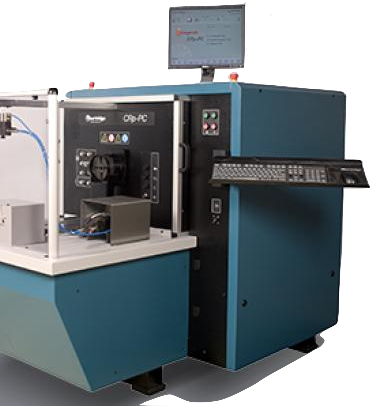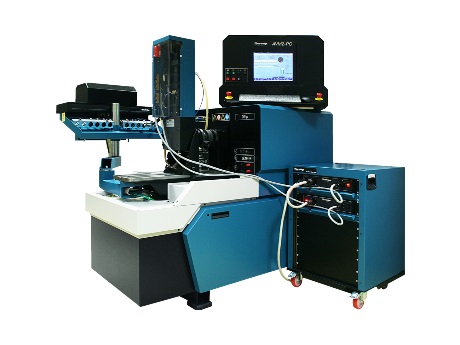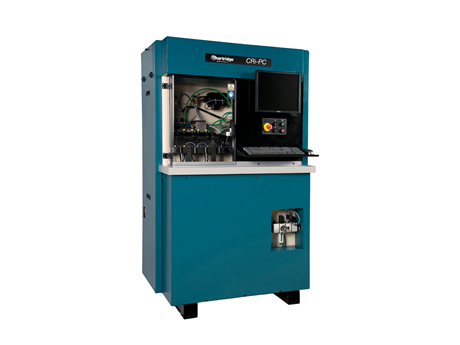YDT-35
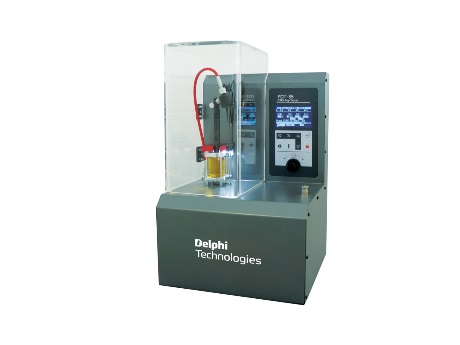
- Product Information
- Product Resources
- Enquire
- Related Products
The Delphi Difference
-
100 years of OE experience, supplier to the world’s top automakers
-
OE heritage and knowledge built into every aftermarket part
-
Comprehensive portfolio for a wide range of vehicles and model years
-
Streamlined SKUs for easy inventory management
-
Support through tools, tips and training

Related product resources and downloads
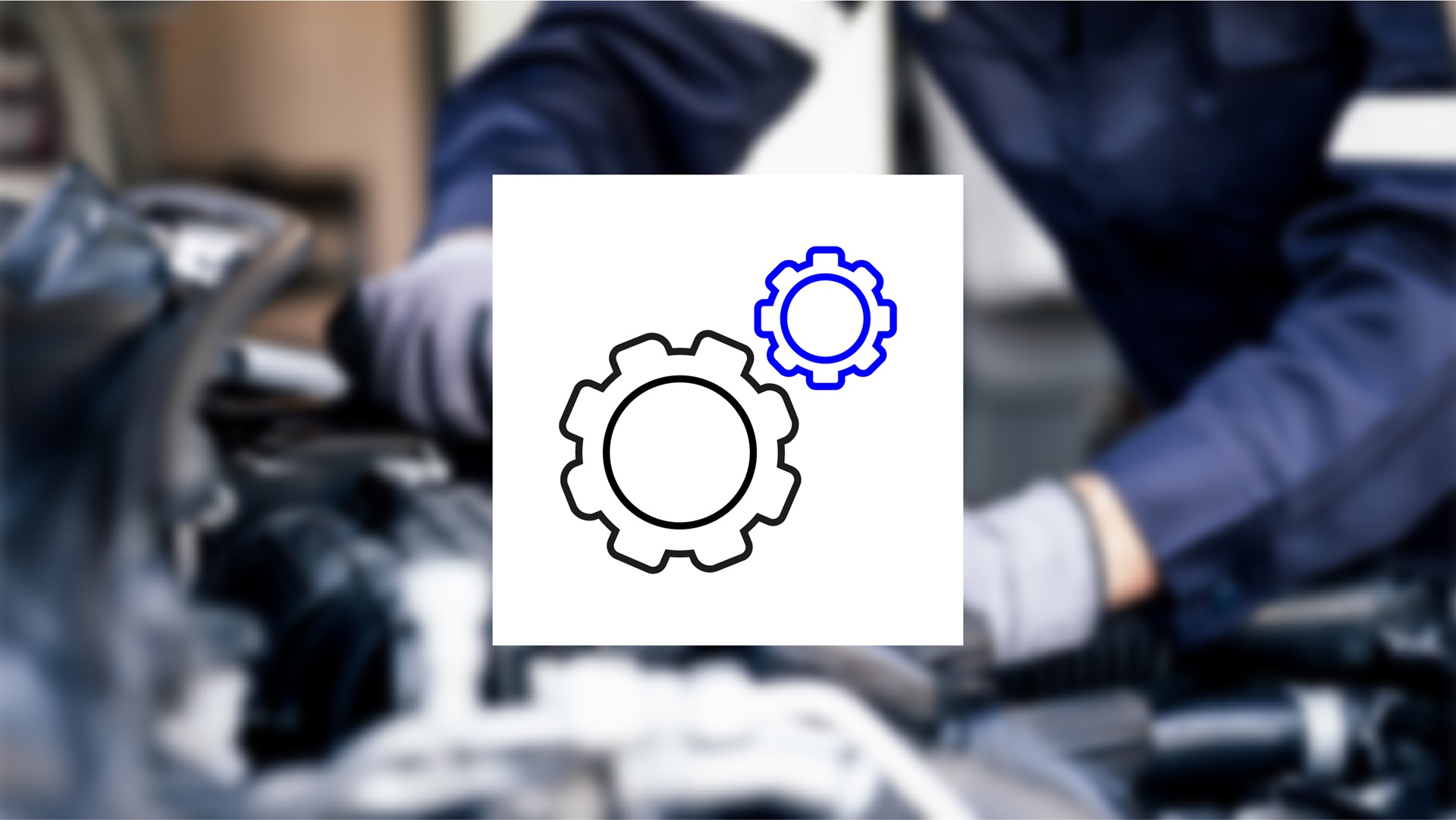
Can You Spot the Difference? Rely on Delphi Authorised Injector Repairers
Resource Highlights
You can now! Whilst on the surface these injectors may look fairly similar, the components and processes used to repair them are anything but. Operating at extremely high pressures, even the smallest of variations can cause significant discrepancies in the amount of fuel delivered by each injector. The result – two very different injectors. With two very different performance levels.
How do we know this? Firstly as an OE manufacturer, we know exactly what goes into making an OE injector. And importantly we have the parts, equipment and know-how to replicate this in the aftermarket…which we know others don’t. But also because we recently completed a series of in-depth tests to analyse the physical properties, performance and endurance of injectors repaired by non-authorised workshops. These tests highlighted a number of significant issues in terms of engine performance, fuel economy and wear.
Poor Performance:
A non-authorised repairer cannot produce an OE approved calibration code that respects all the parameters. Far from it. Subsequently the ECU will be reset to the parameters of a new but inaccurate code and essentially has to ‘guess’ how to perform. This repeated inaccuracy causes the engine to run poorly due to offset corrections. Also, the pressure build up, can produce excess smoke and erratic noise from the engine. To put this into context, the OE test methodology utilised by authorised repairers considers up to 1000 test points in order to generate an accurate OE calibration code.
Excess Fuel:
The inaccurate opening of a non-genuine nozzle, combined with the inability of a non-authorised repair to generate a precise OE calibration code, can cause an increase in fuel injection. This doesn’t just waste your customer’s money – the burning of the excess fuel can cause a notable increase in exhaust smoke.
Increased Wear and Damage:
The use of non-genuine control valves significantly increases the flow and temperature of the injector’s back leak. In turn, the temperature band pressure builds in the injector, generating fault codes by the ECU. A non-genuine nozzle can open irregularly, unbalancing the cylinders and damaging the engine. In addition the reusing of old calibration codes will lead to ECU faults and increase stress on the engine due to out-of-sync injection and overcompensation.
Bet you can tell the difference now?! For OE-approved repairs you can trust, always choose the Delphi Diesel Centre network.

Visit our Technician Library for access to Documents and Downloads
Get in touch
The full Delphi Hartridge product range
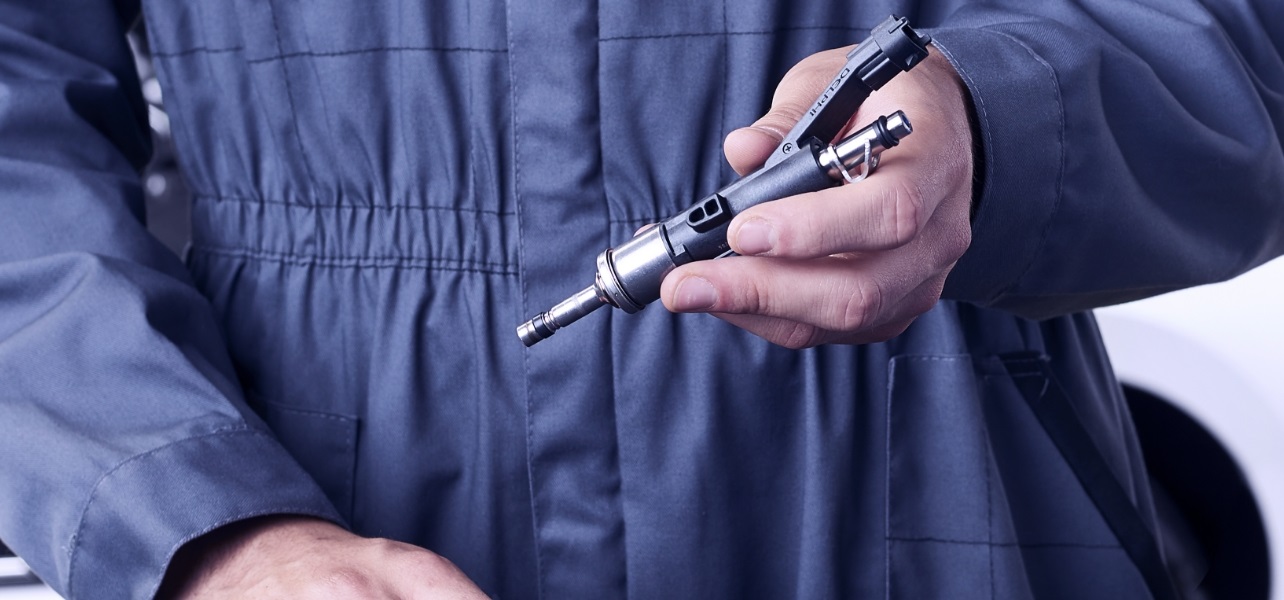
Find out where to buy Delphi parts

